Rajshahi, July 26 (V7N) – Residents of Rajshahi City are grappling with a growing mosquito infestation as citywide cleaning operations have come to a near halt, allegedly due to administrative inaction and lack of local representatives. Stagnant drains, clogged canals, and unchecked overgrowth have created breeding grounds for mosquitoes, leading to a sharp rise in mosquito-borne diseases such as dengue.
Field visits to several areas revealed that many of the city's main drains are filled with garbage and stagnant water, some of which haven’t been cleaned for over three months. A large drainage channel stretching from Bornali Mor to Terokhadia is reportedly one of the worst affected. Swarms of mosquitoes could be seen flying out of the drains even during daylight hours.
Bhuttu Rahman, a laundry shop owner near the drain, said, “It’s unbearable. I suffer from asthma, and yet I have to keep mosquito coils burning all day to survive in my shop. The smoke worsens my condition, but the mosquitoes leave me no choice.”
Local grocery shopkeeper Mazdar Hossain Jewel added, “Customers can’t even stand outside in the evening without being swarmed by mosquitoes. It’s driving away business.”
Montazur Rahman, a resident of the Upashahar area, said, “I don’t even remember when mosquito spray was last used in our area. It’s probably been over a year. The drains and alleyways are filled with waste, causing rapid mosquito breeding. The city’s cleaning activities have practically stopped.”
Abdus Sattar, owner of a local hotel in the city, echoed the concern. “Customers come in for food but can’t sit peacefully due to mosquitoes. We’re burning coils round-the-clock, but it’s barely helping. Night-time business has dropped.”
Medical officials have raised alarms over the health risks. Dr. Shankar K. Biswas, spokesperson at Rajshahi Medical College Hospital, confirmed that mosquito proliferation is directly linked to a spike in dengue cases. “This year alone, three people have died from dengue at this hospital, and currently, 26 others are being treated. Dengue is even more dangerous than COVID-19 in some respects, but public awareness remains low,” he said.
In response to inquiries, Sheikh Md. Mamun Dollar, Chief Sanitation Officer of Rajshahi City Corporation (RCC), admitted the worsening situation. “Yes, the mosquito population has significantly increased. We can’t deny that. The absence of ward-level elected representatives has disrupted our cleaning and maintenance activities. Moreover, many residents are not maintaining their private surroundings—especially rooftop gardens and shrubbery, which are now mosquito breeding grounds.”
He added that, for now, the city is not using larvicide or fogging sprays due to procurement issues. “We’re focusing on cleaning drains and bushy areas to control the mosquito population. We expect to start full-scale fogging by October, for which we plan to purchase medicine worth Tk 60–70 lakh, once budget allocations are confirmed.”
With the dengue threat growing and city efforts delayed, public health risks continue to rise, putting both residents and the healthcare system under mounting pressure.
END/MRA/SMA/



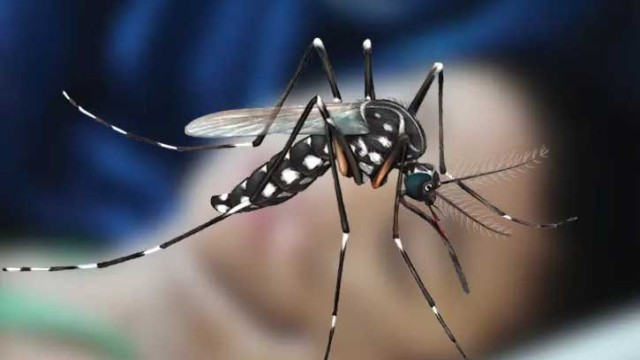
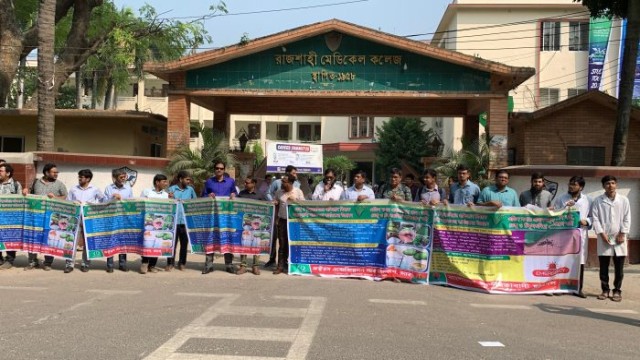
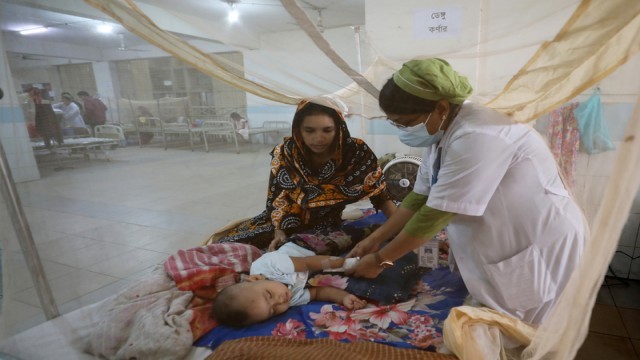
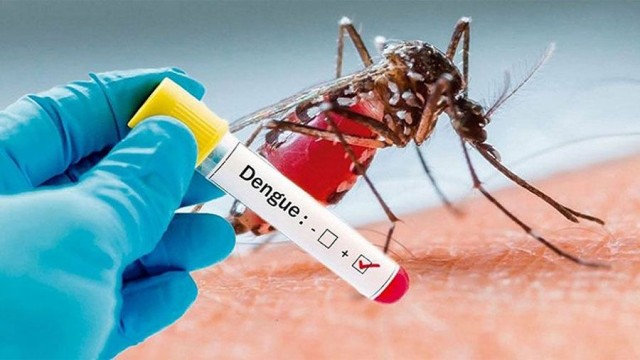
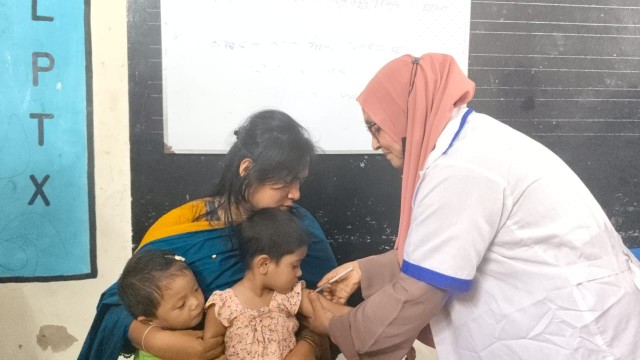

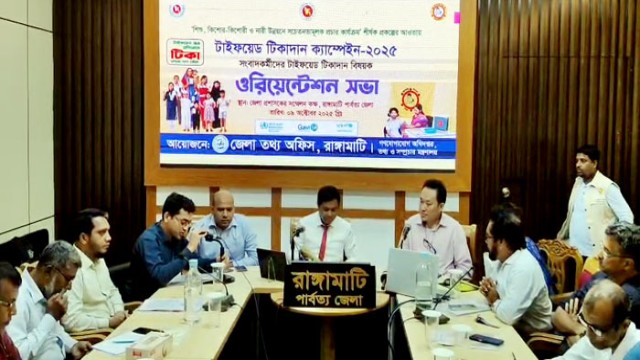
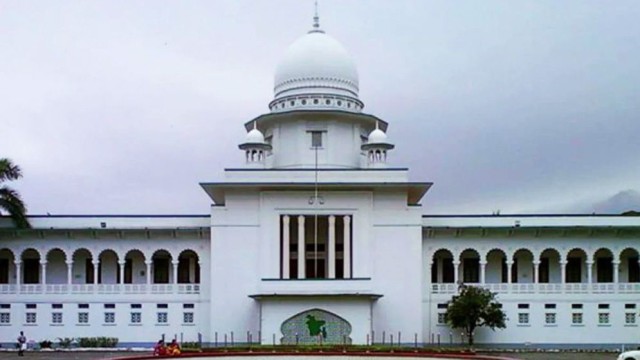
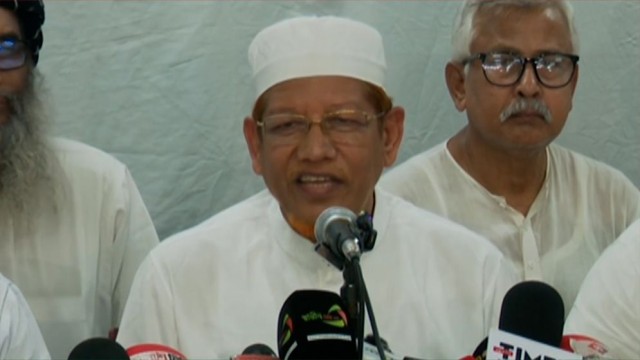
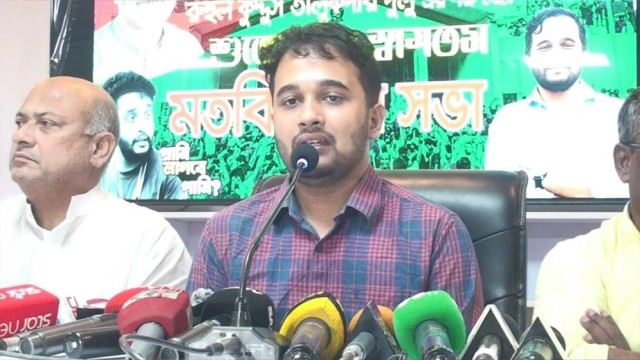
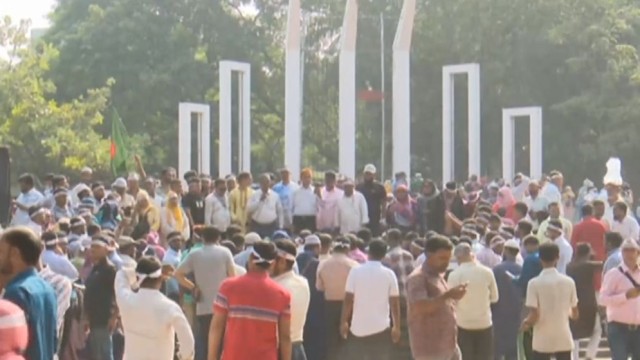
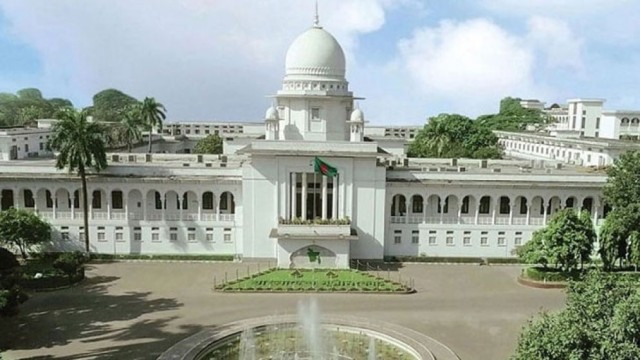
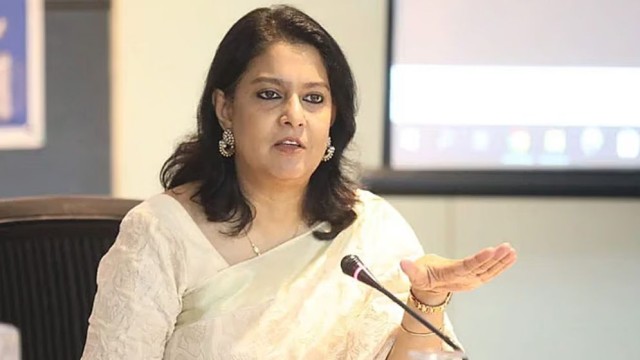
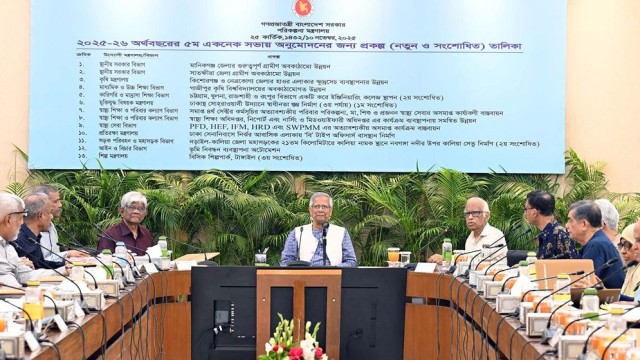
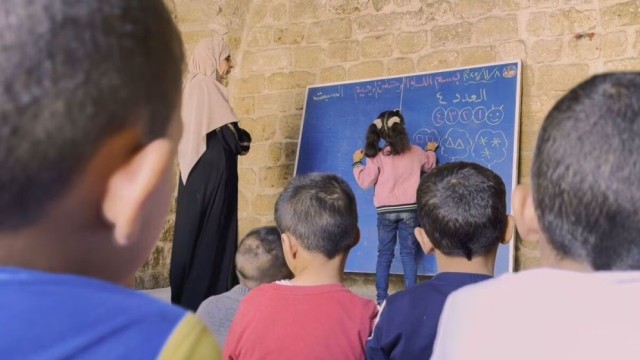
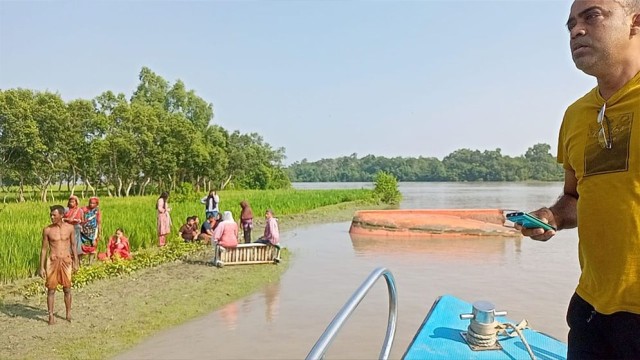
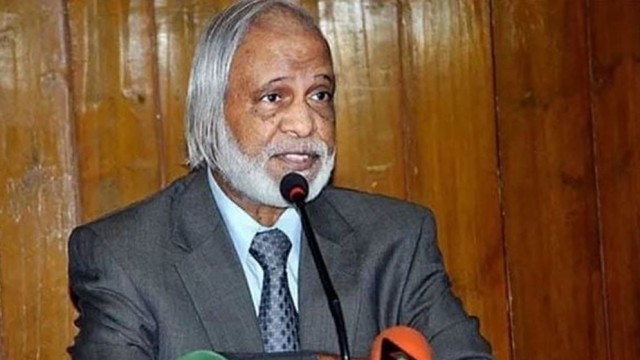



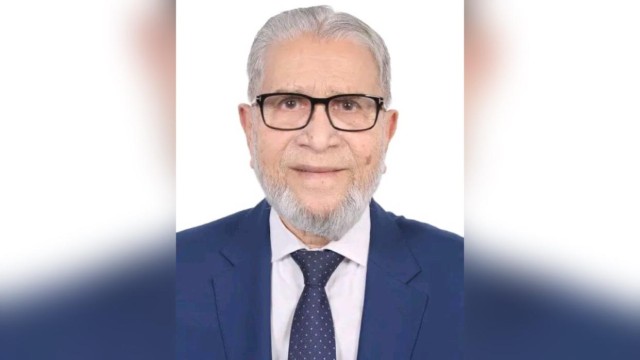
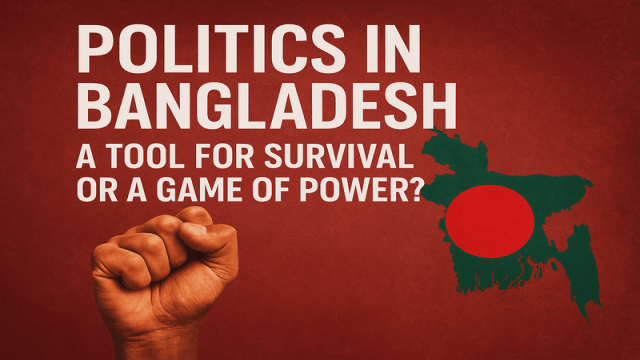
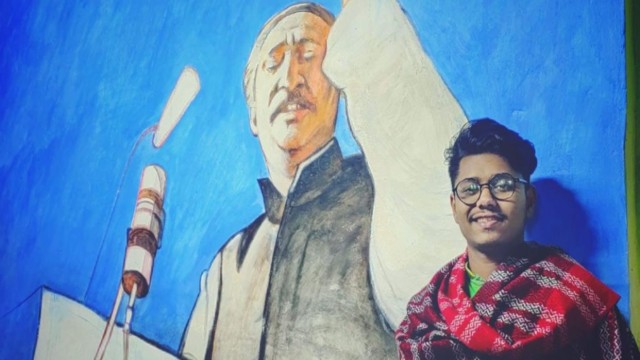
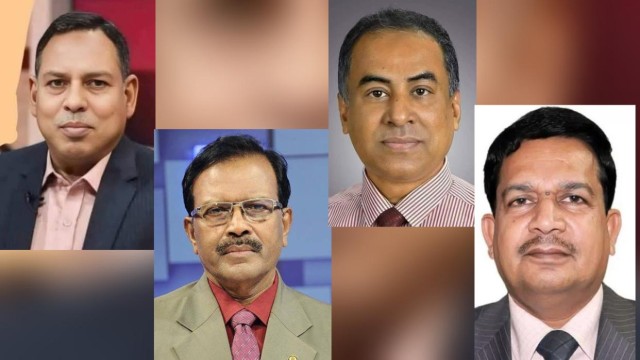
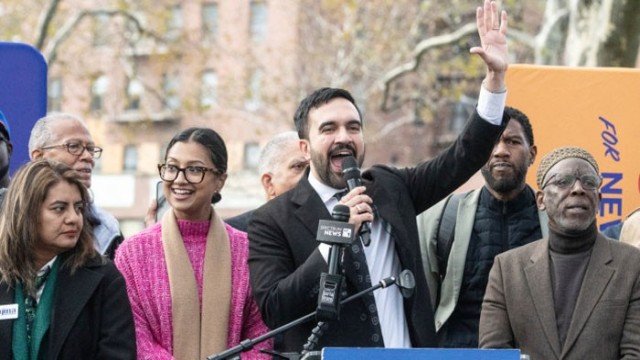
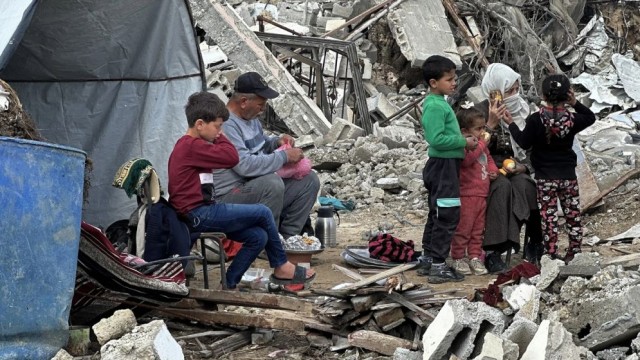
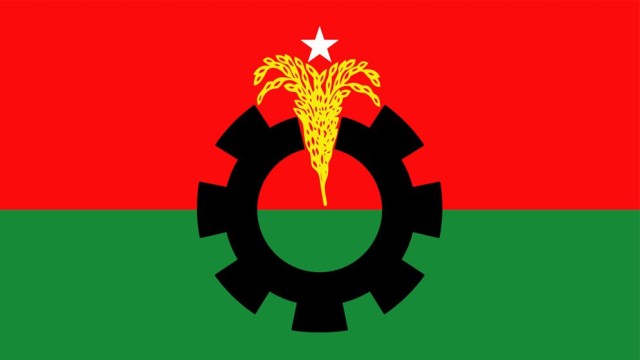

Comment: